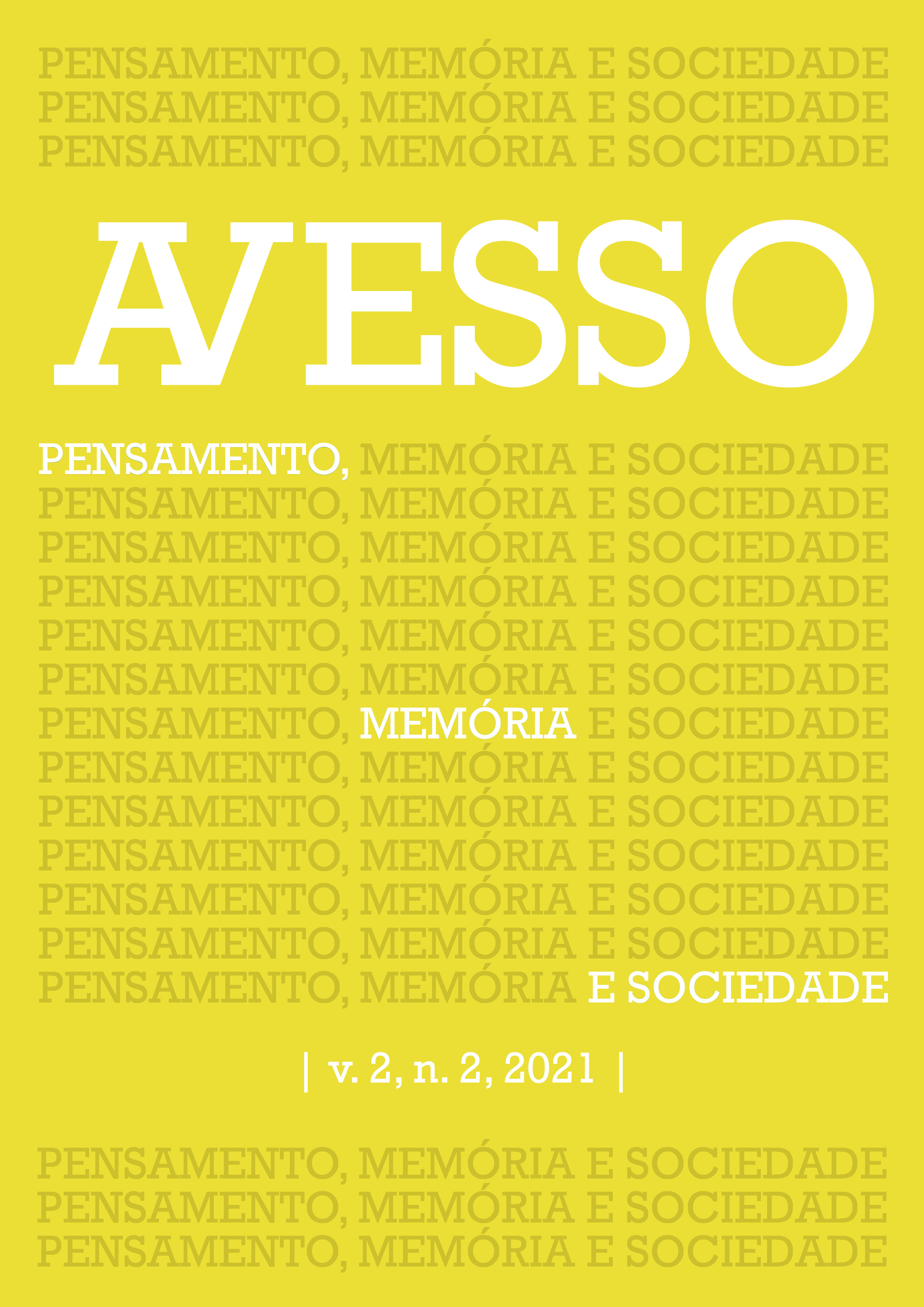Kierkegaard: The Ironical Thinker of His — and Our — Times
DOI:
https://doi.org/10.23925/2675-8253.2021v2n2E3Palabras clave:
Kierkegaard, Socrates, Subjectivity, Pyschopolitics, Hegelian ethicsResumen
This paper brings upon the works of Søren Kierkegaard in order to demonstrate his
relevance for contemporary relations between the subject and the sociopolitical context. I
recall his Concept of Irony, in which he brings the Socratic irony as a concept, which will
be used as an method whereof depart all his later books and articles. One can say that
Kierkegaard’s whole life was a Socratic, ironical mission. From that point of view, we
may appropriate from his work the desire to construct a whole new subjectivity, since the
psychopolitical context has brought a great challenge for autonomous thinking.
Citas
HAN, Byung-Chul. Psychopolitics: Neoliberalism and New Technologies of Power. New York, N.Y. (USA): Verso Books, 2017.
HEGEL, G. W. F. Lectures on the History of Philosophy 1825-1826: Volume I: Introduction and Oriental Philosophy. Ed. by Robert F Brown. Oxford (England): Oxford University Press, 2009.
KIERKEGAARD, Søren. The Concept of Irony, with continual reference to Socrates. Together with notes of Schelling's Berlin lectures. Eds. and trans. by Howard V. Hong and Edna H. Hong. Princeton, N.J. (USA): Princeton University Press, 1989.
____________________. The Point of View for my Work as an Author; a report to history and related writings. Translated with introd. and notes by Walter Lowrie. Newly edited with a pref. by Benjamin Nelson. New York, N.Y. (USA): Harper, 1962.
____________________. Either/or: a fragment of life. Eds. and Trans. by David F. Swenson, Lillian Marvin Swenson, and Walter Lowrie. Princeton, N.J. (USA): Princeton University Press, 1946.
Descargas
Publicado
Cómo citar
Número
Sección
Licencia
Derechos de autor 2021 Revista Avesso: Pensamento, Memória e Sociedade

Esta obra está bajo una licencia internacional Creative Commons Atribución-NoComercial-CompartirIgual 4.0.














